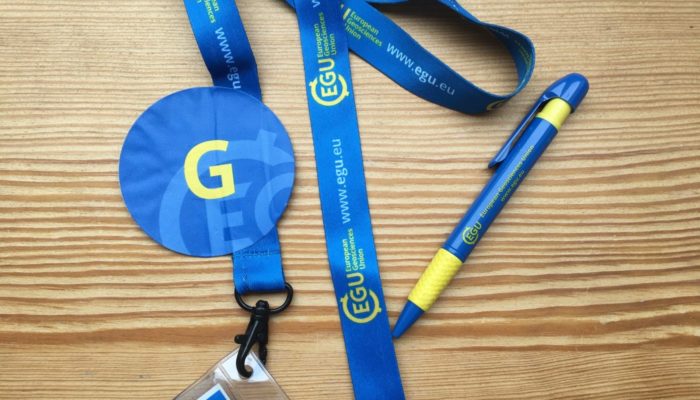
The general assembly 2023 is approaching, and the EGU Geodesy division is looking for an enthusiastic early career scientist (ECS) to take over the role of the division ECS Co-representative. But what do you have to do as an ECS-representative? And where can you sign up?
Early career scientists represent a significant share of the EGU members and attendees of the general assembly. It is therefore desirable to involve this group not only as participants, but also on the division and EGU level. To that end, every division has assigned an early career scientist representative (ECS-rep), who is in touch with the representatives from the other divisions. This allows them to gather ideas, issues and thoughts relevant to the early career scientist group and communicate these at an EGU-wide level. Within the Geodesy Division, this role is shared between an ECS Main-Representative and an ECS Co-Representative.
Since April 2021, Rebekka Steffen and Andreas Kvas have been ECS-representatives of the Geodesy division. However, from the upcoming general assembly on, Rebekka will hand over the task as a Co-representative to a new, motivated candidate for the term 2023/2024. This person should then serve one year as co-rep and become the main ECS-representative for the Geodesy Division after the EGU general assembly 2024 (term 2024/2025). We are looking for someone who can bring their own ideas to the Geodesy Division and is ready to be more involved in the wider EGU community. A prerequisite is that you fulfill the conditions of being an early career scientist, i.e. the date of obtaining your highest degree (BSc, MSc, or PhD) lies within the past seven years. The seven-year period can be extended to allow for periods when the scientist was not working in science because of, but not limited to, caring and/or parental responsibilities, disability, personal illness, community obligations or national service.
If you want to become the new EGU ECS Co-rep for the Geodesy division, please send an application including a motivation letter and a CV to the EGU Geodesy division president Annette Eicker (g@egu.eu) until January 15, 2023.
Please do not hesitate to ask if you have questions!
